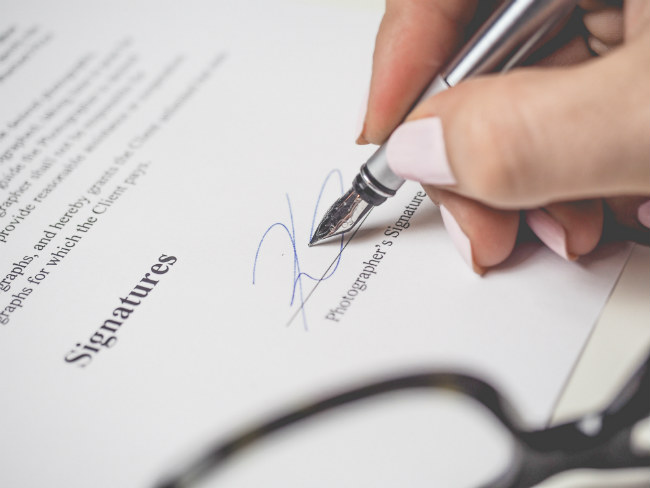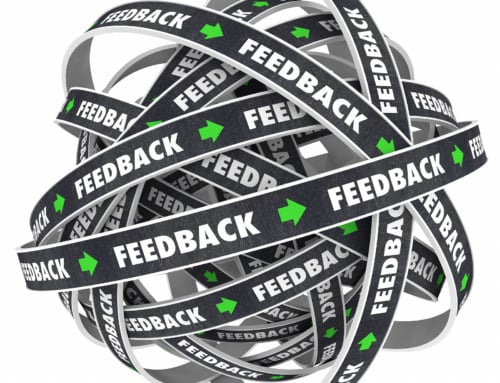Creative agencies such as marketing firms, website developers, and advertising and design groups can often be reluctant to approach the issues of confidentiality and intellectual property rights ownership with prospective business clients. Those who set agency policies may feel that asking for a nondisclosure agreement (NDA) is too off-putting during business development discussions – as if bringing up such matters might sully the burgeoning trust that is being established in the working relationship and create an uncomfortable tension.
Others feel that such agreements aren’t actually enforceable (yes, they are), or that a prospective client will always refuse to sign them (some will sign, some won’t). While some of these concerns are well founded, there are good reasons why creative agencies should still pursue a nondisclosure agreement. Let’s take a look at three of those reasons, below.
Three Reasons Your Agency Should Utilize a Nondisclosure Agreement
First, a nondisclosure agreement sends the professional message that the Agency respects the confidentiality of all parties involved.
Integrity always makes a company shine brighter, don’t you think? How can an NDA protect everyone? Simply make the confidentiality provisions mutual so that both the client and the Agency are protected. In this way, the Agency’s client feels valued and is also subconsciously reminded that he or she is working in a private relationship.
Secondly, an NDA offers a convenient opportunity to address rights ownership issues in writing prior to a pitch, proposal, or a new business discussion.
Many agencies worry about protecting their intellectual property during the new business process as well. A mutual nondisclosure agreement can include helpful language about the Agency’s rights to the concepts and work it discloses, prior to actual engagement by the client.
Thirdly, a nondisclosure agreement places the agency on a level playing field with the prospective client.
When the Agency has its own perspective, reflected in its own nondisclosure agreement on confidentiality and rights ownership issues, the Agency gains more negotiating leverage if both agency and client happen to bring their own NDAs to the table.
So, what if the client has its own nondisclosure agreement form and won’t sign yours? What are your options? Thankfully, there are a few routes you can take as an Agency at that point.
The Agency can negotiate revisions to the client’s form agreement that are more even-handed for everyone, particularly on the IP rights ownership issue of agency-generated intellectual property, processes and brainstorming materials.
The Agency can also choose to sign the client’s form agreement if the risk is low, or the potential payday for the Agency is high. If this is the course you follow as the Agency, do it with open eyes so the agency makes an informed choice, because the agreement will likely be very one-sided (and you might also be signing away some of your rights in addition to promising confidentiality).
Whichever direction you take as an Agency here, and there are valid business reasons for all of them, make sure legal counsel reviews the client agreement on behalf of the Agency so that you understand the consequences of your path.
What if the client won’t sign anything at all in advance of disclosure?
If, at all possible, find out why. Perhaps the client’s concern is about getting ideas or concepts from multiple agencies before deciding with whom they’ll be working. If this is the scenario, the best tact is to assure the client that your interest for the Agency is only ensuring that you are asked, and compensated, before your work is implemented. An NDA’s language can be tailored for this very issue.
We’ll discuss other methods and tactics for protecting the creative agency’s intellectual property during the new business process in our next post, so check back soon, or subscribe to the AMI blog so you won’t miss a thing.




